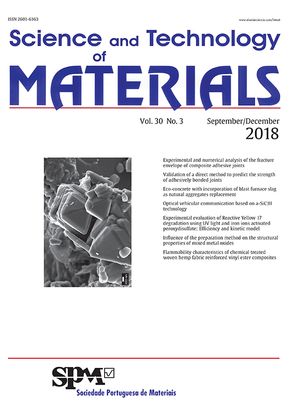Nowadays there is a growing interest in studying the influence of primary austenite structure and the formation of graphite particles during solidification to correlate with the formation of microshrinkage or even shrinkage defects on castings.
In order to obtain information on the development of the dendritic structure, advanced thermal analysis techniques were applied in the study of hypoeutectic and close eutectic melt compositions to determine the occurrence of the dendritic coherency point (DCP). The occurrence of the DCP has a major importance on metal yield through the design of the in-gate and feeding system of a casting as it determines the available time for feeding and take advantage of the internal expansion inside the mould cavity due to graphite precipitation.
To correlate the thermal analysis results and the solidification sequence of the metallographic constituents to identify the occurrence of the DCP, quenching of the thermal analysis sample during solidification was performed to freeze the solidification process at a given characteristic stage of the solidification curve. This has allowed the observation of the stable solidification structure that has developed until the time of quenching.
The work performed allowed a better understanding of the solidification structure of hypoeutectic nodular cast iron melts and the occurrence of the dendritic coherency point.





